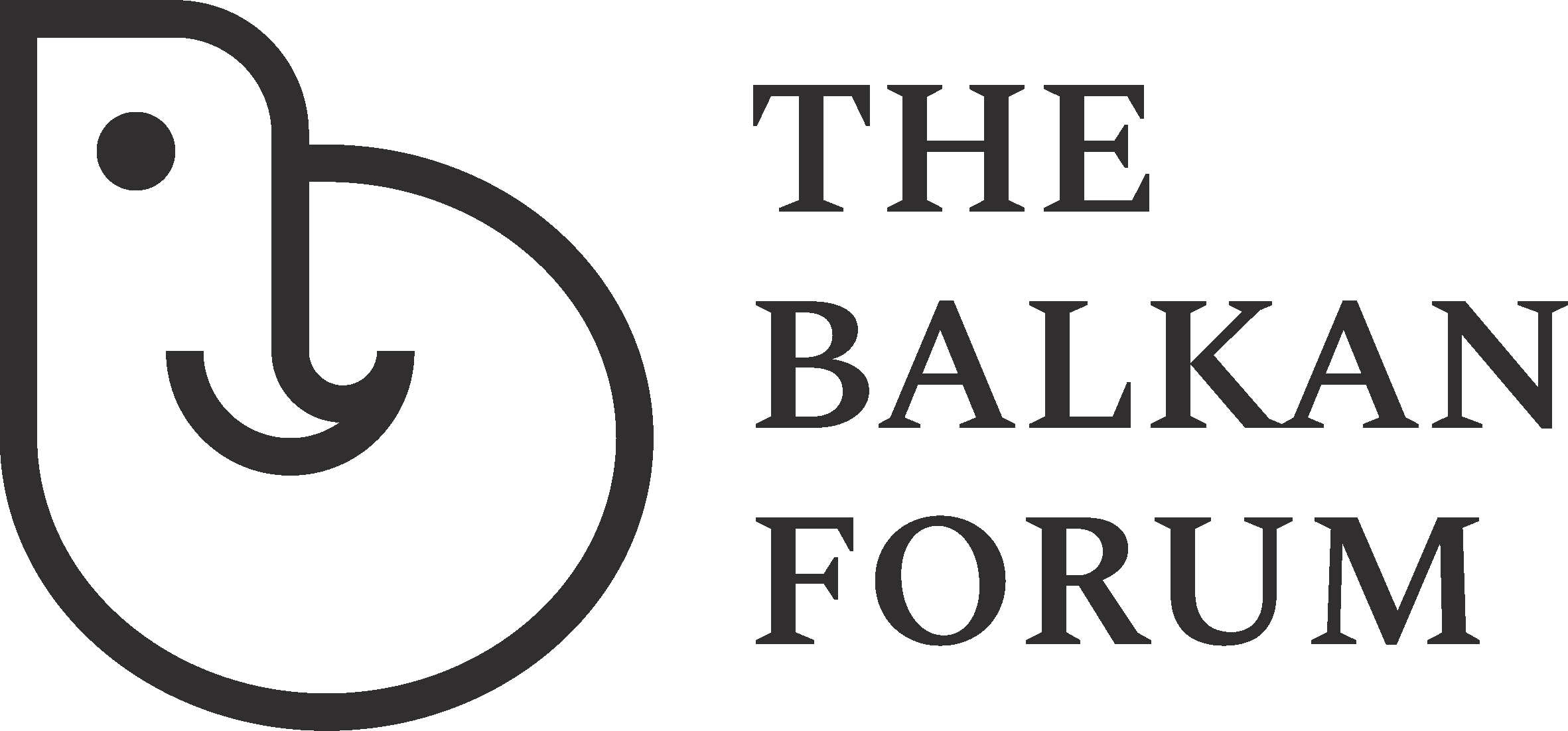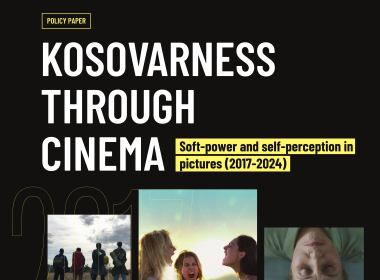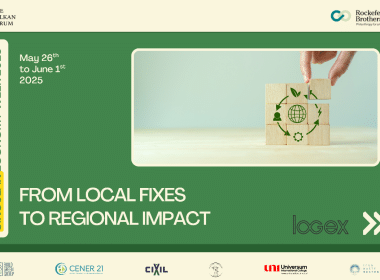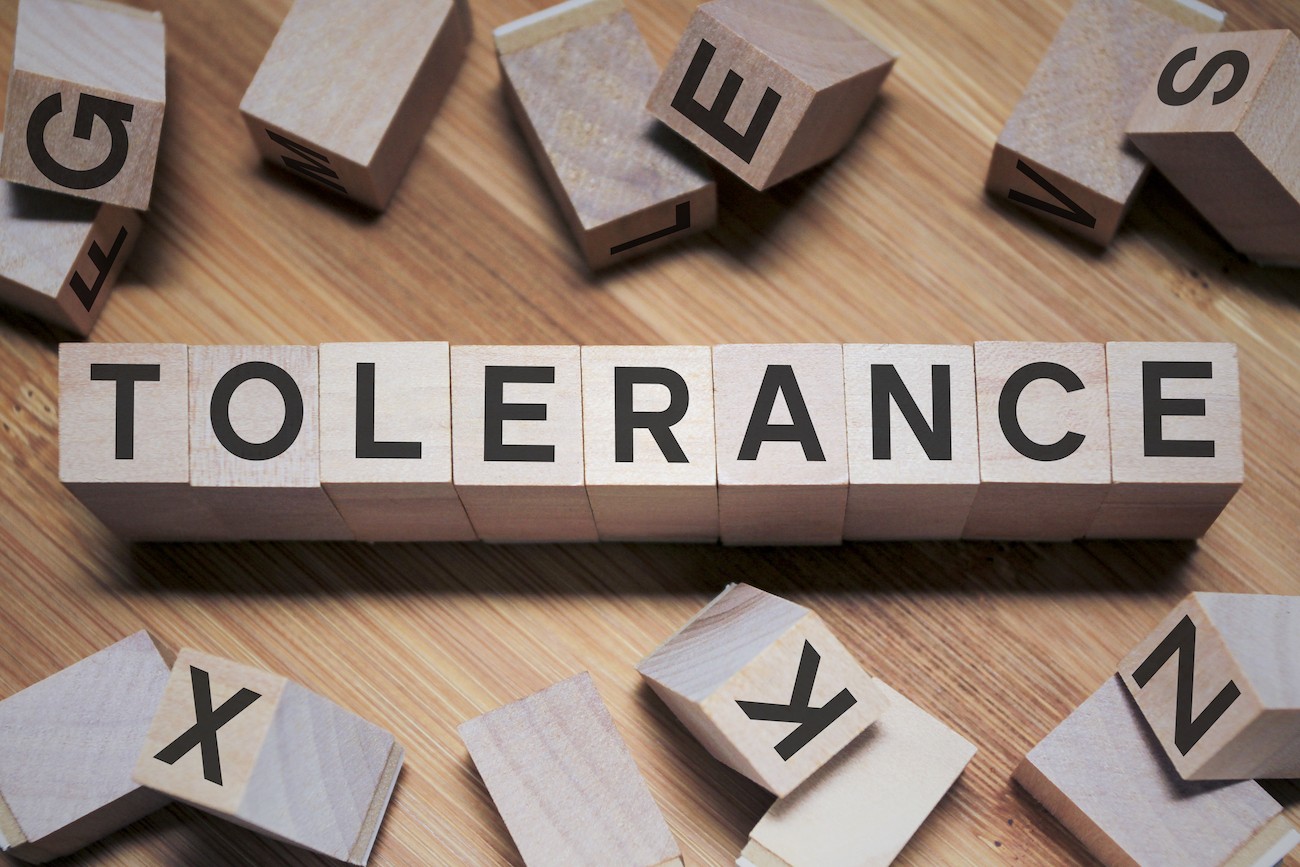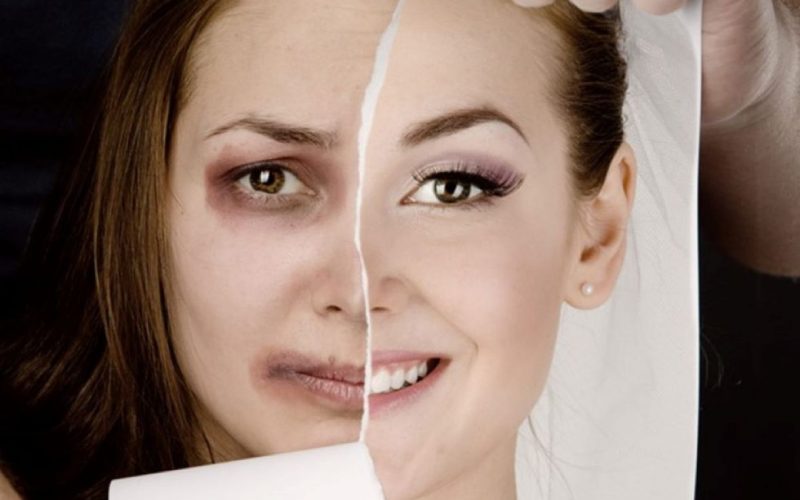Tolerance – a word often invoked as a moral ideal, a value we are told we should cherish. But what does it really mean when we say “tolerance”? Does anyone truly want to be tolerated? Imagine someone telling you, “I tolerate you.” Does that sound like acceptance, respect, or genuine appreciation? Hardly. Tolerance isn’t a sign that we are truly seen; on the contrary, it draws a line, a distance between us.
In our social lexicon, “tolerance” increasingly comes to represent restraint – the suppression of reaction, the avoidance of confrontation, the silent endurance of unpleasantness. It is more and more frequently used as a catch-all solution for the failures of systems and interpersonal relationships. Obvious injustices, flaws in the system, a lack of empathy and attention to people – all of these are often swept under the rug with the mantra of tolerance. We “tolerate” miserably low wages that cannot keep up with the cost of living, polluted air, crumbling institutions, an educational system lagging behind the current time, a government that fails to serve the public… And through this tolerance, everything becomes a matter of survival – survival with as little reaction as possible, as much restraint as we can muster.
Tolerance has become a substitute for real action, for deeper societal change. Instead of respect and understanding, we are often met with mere silent suffering. Unfortunately, what passes for “tolerance” in our everyday lives is, in fact, a resignation to improvement. We tolerate social injustices because it is easier to endure them than to demand change. We tolerate decisions made without our input because it feels too exhausting to hold anyone accountable.
In a world where we should be building mutual respect and working together for a better future, tolerance has become an excuse for maintaining the societal status quo. It gives us the illusion that we are “good enough” because we haven’t attacked one another, because we haven’t retaliated. And for those in power, that’s more than sufficient – they ask no more from us. As long as we don’t react, as long as we “tolerate” every unjust act, they can continue on with business as usual.
On this International Day for Tolerance, perhaps we should rethink why this word is so often elevated to the ultimate societal goal. Is a world where we simply endure one another truly the best we can imagine? Do we want to live in a society where everyone is “tolerated,” but no one is truly respected? When did it become enough to just put up with each other?
Celebrating tolerance as the final achievement is not the solution; it is merely the first step in crossing the bridge from ignorance and prejudice. What we need is understanding, solidarity. We must stop viewing others as objects to be tolerated, but as equal members of the community. Only when society begins to recognize these differences can we say we have taken a step forward, creating the collective strength to not tolerate the system we live in, without falling prey to calculated manipulative tactics.
Until then, tolerance remains just another word we use to avoid real change – a word the system wields to keep us in submission. Because who would dare complain if they’re already “tolerated”?
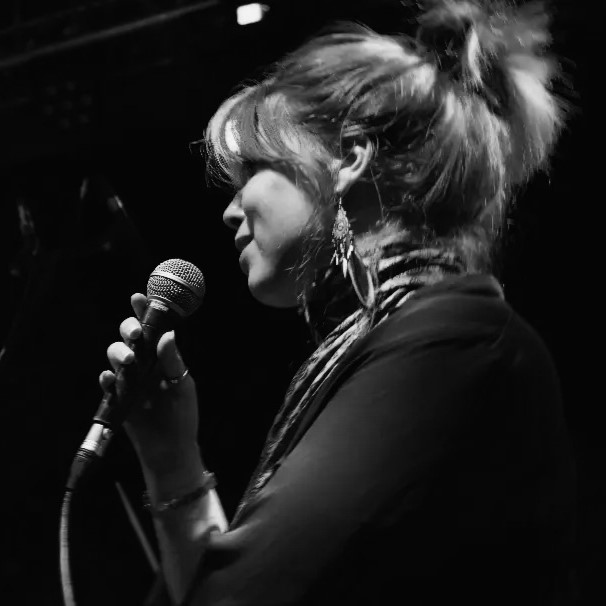
Dalia Koler
Youth Initiative for Human Rights (YIHR Serbia),
Multidisciplinary Artist,
Activist, Creative Producer
